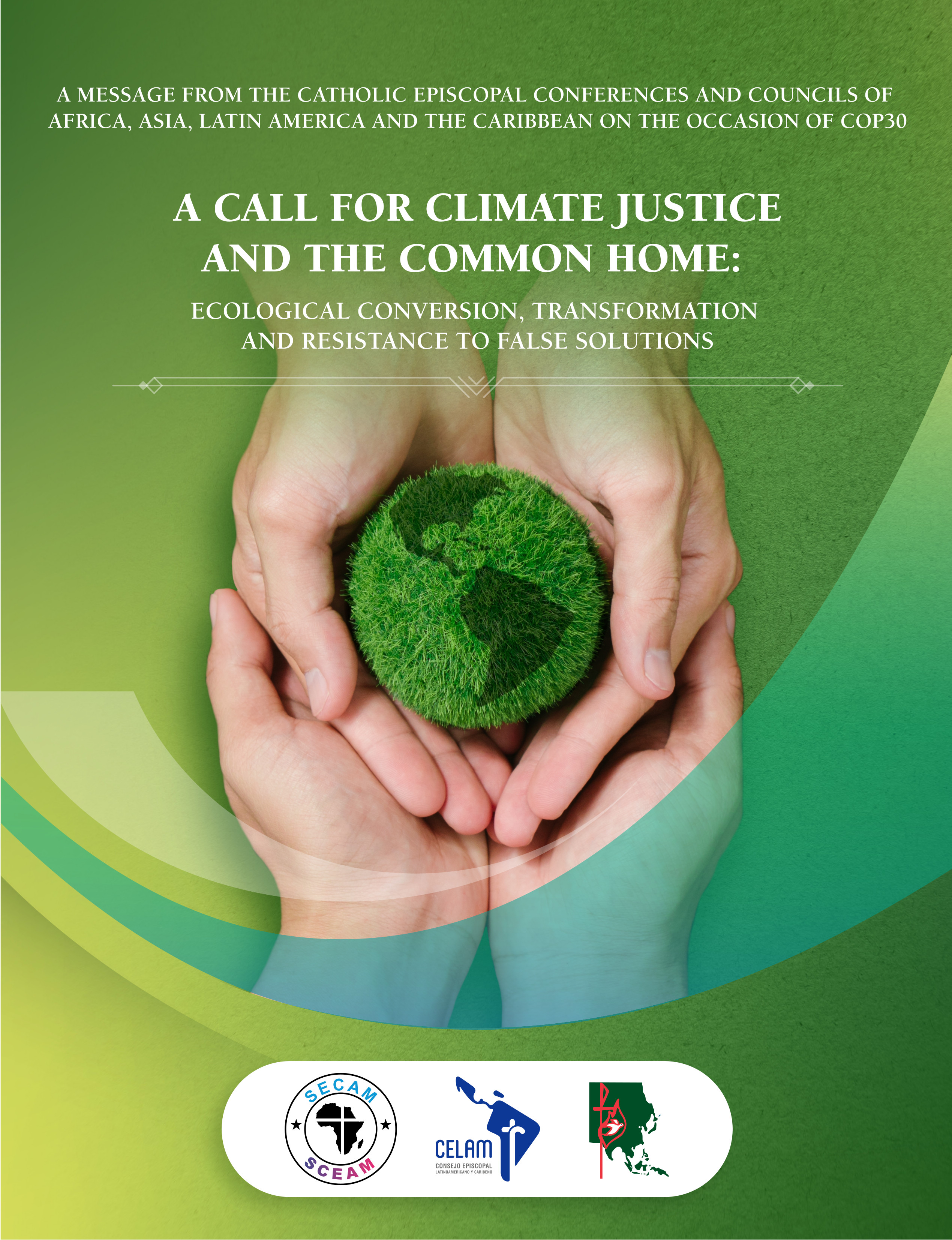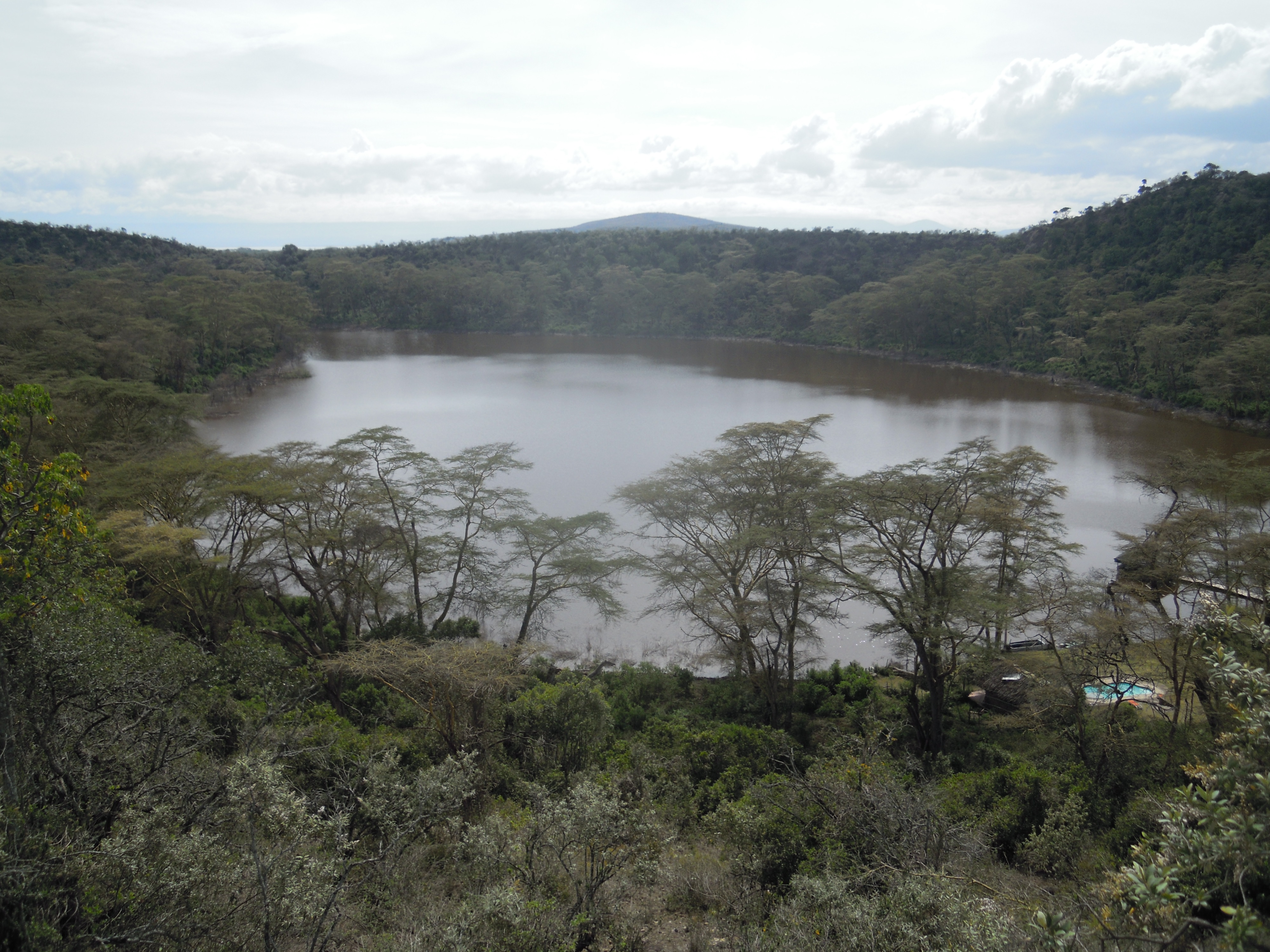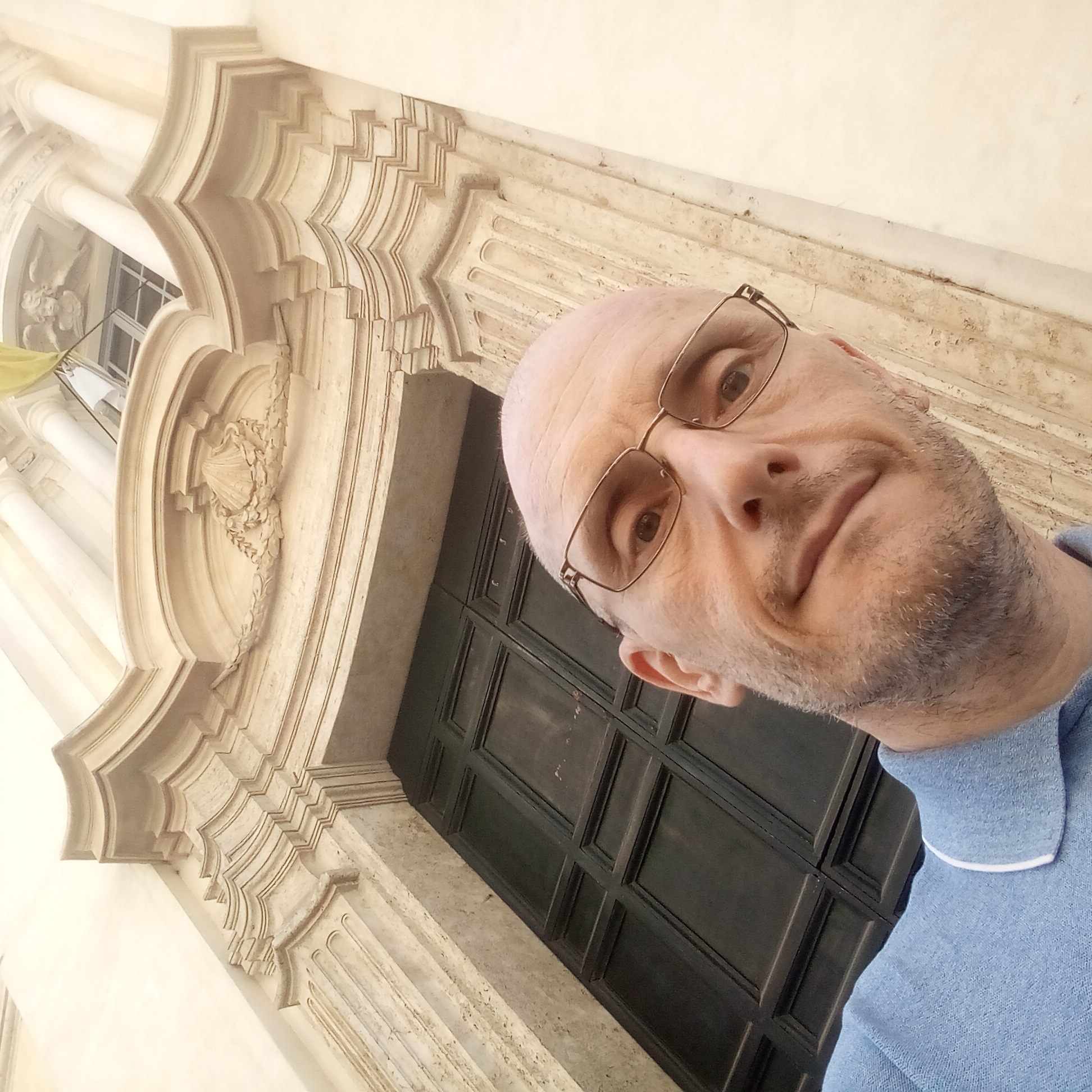In the second chapter of Fratelli Tutti, Pope Francis presents a theological reflection on the reality we are living, in the light of the Gospel. The parable of the Good Samaritan (Lk 10: 25-37) offers us a key to understanding the reality of exclusion and indifference, inequality and violence and the through away culture that characterise our time.
With his gestures, the Good Samaritan showed that the existence of each of us is linked to that of others: life is not a time that passes, but a time of encounter. Living indifferently in the face of pain is not an option; we cannot let someone remain on the margins of life: this is dignity. The exclusion or inclusion of those who suffer along the way defines all economic, political, social and religious projects. Jesus has confidence in the best part of the human spirit and with this parable encourages it to embrace love.
Therefore we are all called to an active citizenship to build social bonds for the common good; to rebuild again and again the political and social order, the fabric of relationships, the human project. It is a question of creating a space of co-responsibility capable of initiating and generating processes and transformations. We must take an active part in the rehabilitation and support of our wounded societies. This means expressing our being brothers and sisters who take upon themselves the pain of failure, instead of fomenting hatred and resentment. All it takes is the desire to be a people, to be setadfast and untiring in our commitment to include, to integrate, to lift up those who have fallen.
In practical terms, it is possible to start from the bottom and on a case-by-case basis, to fight for what is most concrete and local. Pope Francis invites us to seek out others and take charge of our own reality, without fearing pain and powerlessness, because therein lies all the good that God has sown in the heart of the human being. Difficulties that seem enormous are the opportunity to grow and not the excuse for inert sadness that encourages submission. The essential thing is not to act alone, individually, in isolation or fragmentation, but to do it together and grow as an inclusive people.




